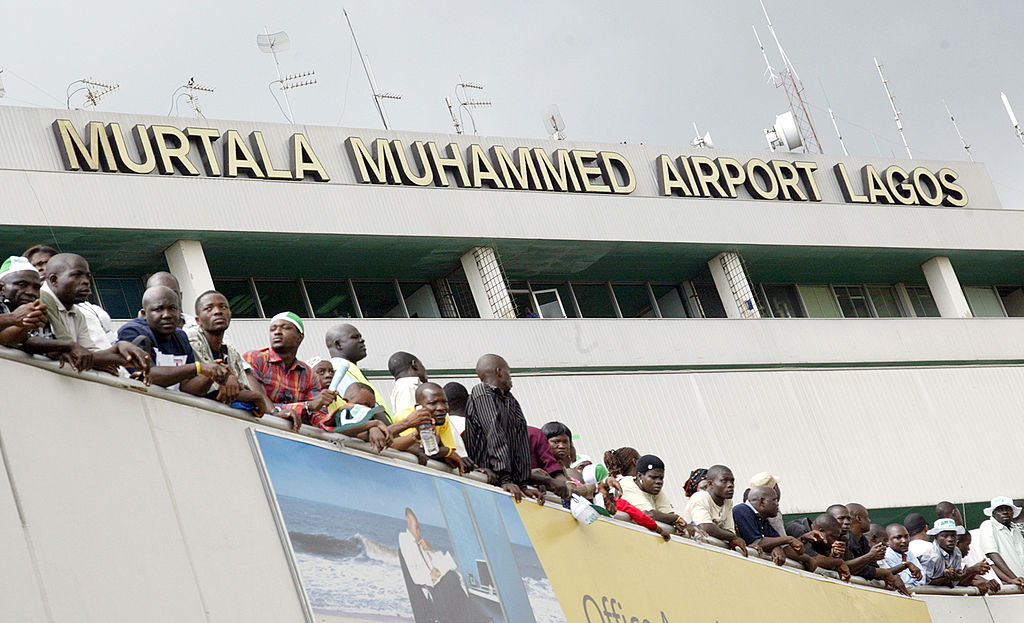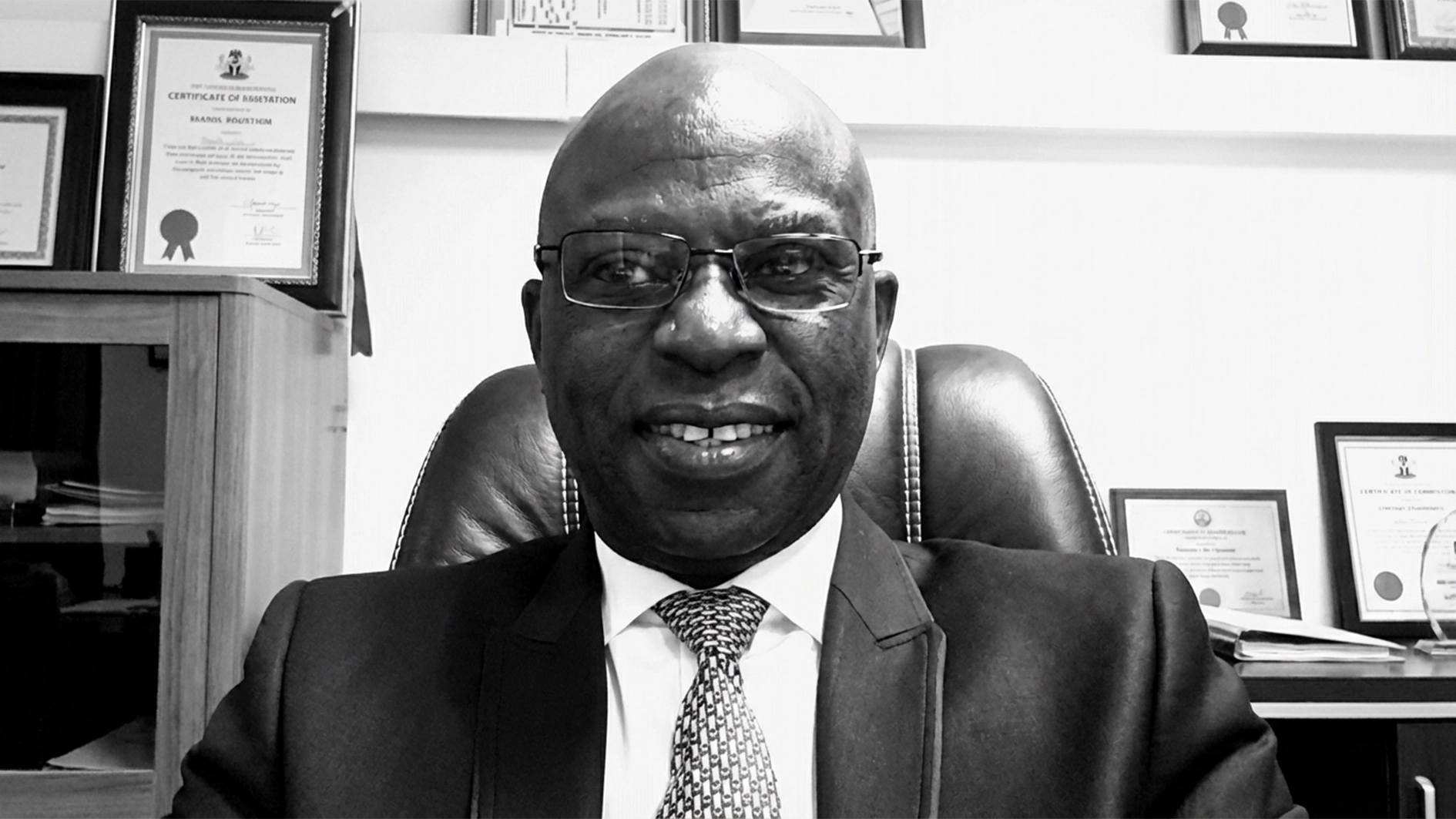
Sixteen years after aircraft navigation fees were last reviewed, the Nigeria Airspace Management Agency (NAMA) has proposed to increase the fees by 800 per cent.
The planned hike may have more Nigerians opting for road travel as airline tickets may go up.
The Managing Director of NAMA, Umar Farouk, disclosed the possible increase at the 28th edition of the League of Aviation and Airport Correspondents (LAAC) Conference, held recently in Lagos, themed, ‘Aviation Survivability amidst a Challenging Macro-Economic Environment’
Farouk said that the rise was essential because NAMA would need to accommodate rising costs. It said it incurred over N12 billion in capital costs, over N10 billion in overhead costs and over N21 billion in staff costs in 2023 alone.
He added that the rising expenses are not covered by the Federal Government’s budgetary allocations.
“Currently, our unit rate for international flights charged for service provision is about $70, and domestic flights are charged N6,000. While NAMA recognises the difficult economic environment in which aviation operates in Nigeria, it is equally a part of the ecosystem.
“It goes to the same market to procure equipment and other services like training. If NAMA is to survive and continue to guarantee safety and efficiency in the airspace, it must breathe,” he said.
The MD added that the new charge for en-route and terminal navigation is to be reviewed from N2,000 and N6,000 to N18,000 and N54,000 per flight.
The largest percentage of NAMA’s revenue comes from en-route navigation charges (domestic and international flights) and terminal navigation charges (domestic and international flights).
Farouk explained that the extension of service hours will be reviewed from N50,000 to N450,000 per extension to enable the agency to recover the cost of diesel and other logistics during the period of extension.
While passengers mostly choose air travel for safety, convenience and speed, there might be a drop shortly due to the constant increase in airfares. That will push more people to road travel, despite the security risk it poses.
African countries have seen a sharp rise in the number of road deaths over the last 10 years, with around 200,000 deaths on the continent’s roads in 2021 alone.
In contrast, recent World Health Organisation (WHO) data reveals that worldwide rates decreased by five per cent within the same time frame.
According to the most recent WHO Status Report on Road Safety 2023 for the African area, there was a 17 per cent increase in road-related fatalities in the region between 2010 and 2021.
Despite housing only 15 per cent of the world’s population and three per cent of its automobiles, the region is responsible for roughly one-fifth of all road deaths worldwide.
Last year, Nigeria ranked sixth among African countries with the worst road infrastructure and a mean score of 55.






